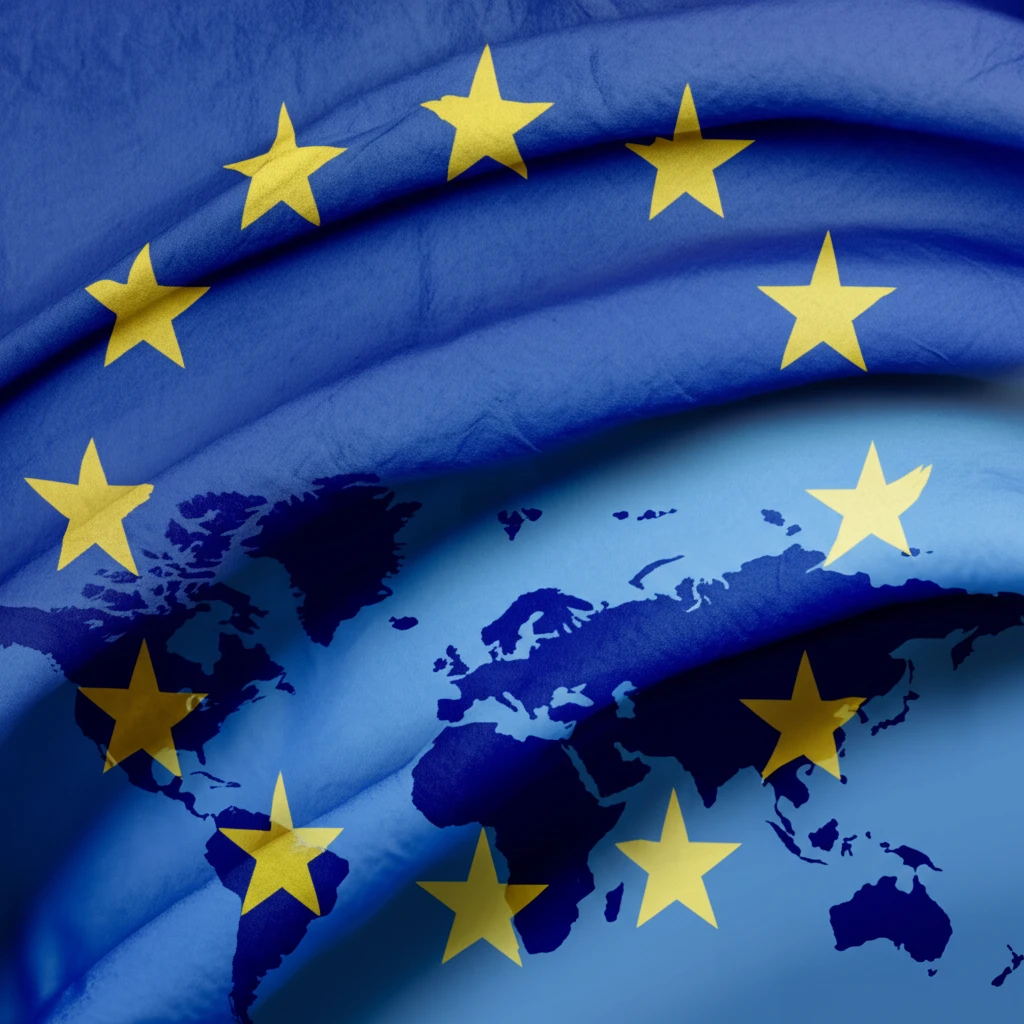
Beyond Borders: How the EU's Security Policy Impacts Global Stability
"Exploring the successes and shortcomings of the European Union's Common Security and Defence Policy in a rapidly changing world."
In an era defined by complex geopolitical challenges, the European Union's (EU) role in global security has become increasingly significant. The EU's Common Security and Defence Policy (CSDP) represents the Union's concerted effort to address security threats, manage crises, and promote peace and stability both within and beyond its borders. From its inception, the CSDP has evolved, adapting to new challenges and learning from past experiences.
The CSDP encompasses a range of missions and operations, from civilian monitoring to military intervention, reflecting the EU's multifaceted approach to security. These missions span diverse regions, including the Balkans, Africa, and maritime domains, each presenting unique challenges and requiring tailored strategies. The effectiveness and impact of these missions have been subjects of extensive debate, with assessments ranging from cautious optimism to critical scrutiny.
This article delves into the evolution, achievements, and limitations of the EU's CSDP. It examines the key concepts and institutional frameworks that underpin the policy, explores specific examples of EU missions and operations, and assesses the EU's capacity to act as a global security actor. By analyzing the EU's experiences, this article seeks to provide insights into the challenges and opportunities facing the Union in its pursuit of global stability and security.
The Evolution of the CSDP: From Origins to Current State

The Common Security and Defence Policy (CSDP) has undergone significant transformation since its inception. Initially conceived as a mechanism for crisis management and conflict prevention, the CSDP has expanded in scope and ambition, encompassing a wide range of security challenges. Michael E. Smith's analysis highlights the key stages in this evolution, from the early missions in the Balkans to the more recent operations in Africa and beyond.
- Responsibilities: The allocation of tasks and mandates within the EU security apparatus.
- Rules: The formal and informal norms that guide EU security policy.
- Resources: The financial, military, and human capital available to the EU for security operations.
- Institutional Frameworks: The organizational structures and decision-making processes that underpin the CSDP.
Looking Ahead: The Future of EU Security Policy
As the global security landscape continues to evolve, the EU faces critical choices about the future of its security policy. The implementation of the EU Global Strategy, the developments associated with Permanent Structured Cooperation in the field of defence, and the UK withdrawal from the EU will all have significant implications for the CSDP. Overcoming internal divisions, streamlining decision-making processes, and enhancing its capacity to respond to crises will be essential for the EU to remain a credible and effective security actor in the years ahead.
